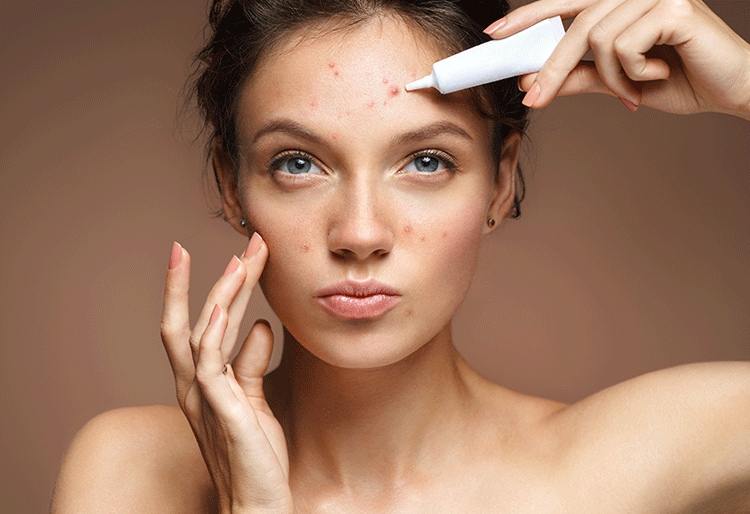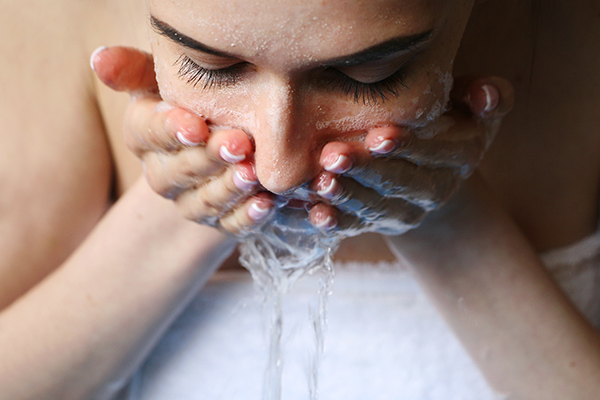Acne: treatments and how to eliminate it
Acne consists of an inflammation of the sebaceous glands and, generally, it appears on the face and the body, causing different lesions on the skin, such as spots, cysts or pimples. The causes tend to be hormonal changes, poor hygiene, extreme temperature changes, as well as stress, poor diet or a lack of sleep.
health and beauty
Share

Although, to a greater extent, there is a greater incidence between young people aged between 15 to 19 years, it can also occur in adults.
According to the Dermatology Academy of Spain, some basic advice should be followed:
Prevention
• Hygiene: wash your face twice a day.
• Eating: although food does not cause acne, you should not over-consume: pork, fats, cakes, seafood and alcohol, foods with chocolate or alcohol derivatives, dried fruits or strong cheeses.
• Hair: avoid contact between your hair and the skin on your face. Because of this, wearing your hair long or having a fringe is not recommended.
• Oil-free products: avoid the use of cosmetics and sun protection that contain oils or fats within their ingredients.
• Adequate rest: avoid stress as much as possible. It is important to sleep eight hours each night.
• Exercise: daily exercise is recommended, preferably, outdoors.

Treatment
• Treatment products should be applied after washing, and after having consulted a specialist.
• Avoid rubbing the affected area when you dry yourself. It is best to ‘pat’ your skin dry with the towel.
• Treatment products may cause redness or mild irritation. If this persists, consult a specialist.
• Avoid touching the spots, as this is a frequent cause of complications.
• Patience: even through the treatment. Acne takes at least three months to be cured.
• Do not share the treatments without prior consultation with a specialist. Each patient and the cause of the acne are different.
• Do not treat the scarring while the lesions are active.
• Avoid cosmetics, but if you cannot, use those specifically for this type of skin.
As with all ailments that affect our physical appearance, apart from its symptoms, acne has an impact on the sufferer’s self-confidence and their ability to interact socially. For this reason, it is particularly useful to be aware of the patient’s actual situation and, if necessary, seek additional support.






